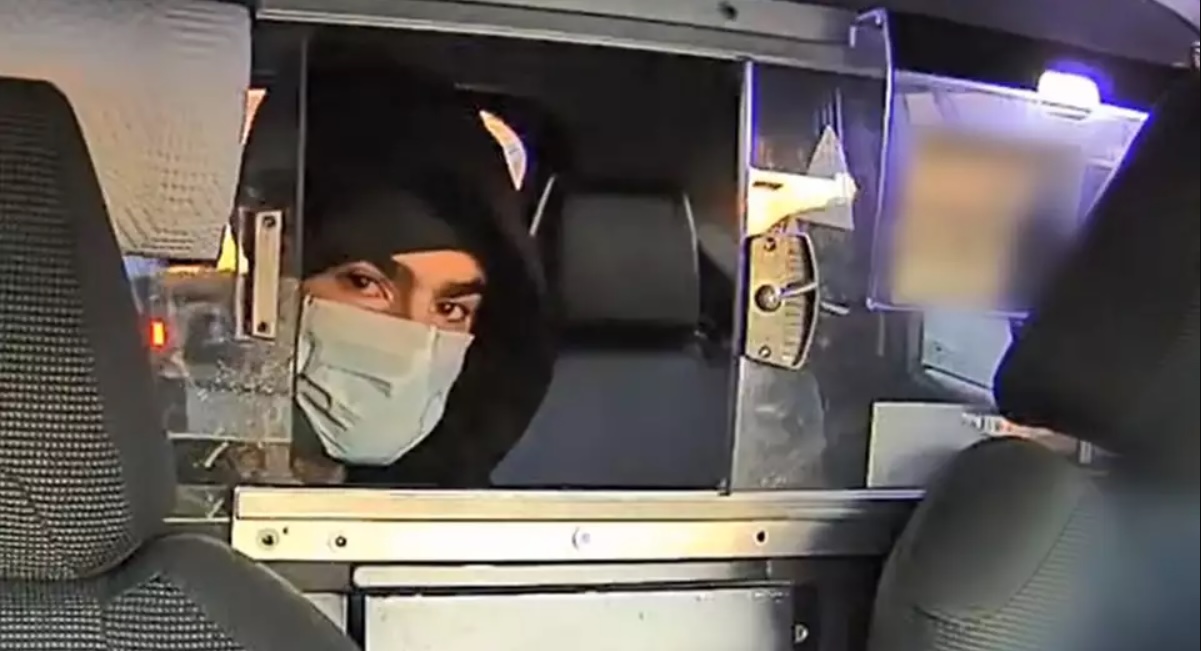This story was originally published by LA Progressive. It is republished here with the author’s permission.
We’re in a moment in which the inconveniently distressing truths of US health care are combusting with justified indignation, but as news cycles flare, it won’t be for not much longer than the life of a match.
The dialogue of fellow health-policy wonks and progressives I’ve seen on social media will, as often happens, pursue a relevant debate in an irrelevant instance. I expect that, as ever, it will quickly be subsumed by the violence of copycats and anonymous swatting callers that have conflated it.
The foolish “Free Luigi” memes are only the first ridiculous manifestation of young Mr. Mangione’s 262 word “manifesto.” Already, public attention has begun to move toward appropriate sympathy for a man’s surviving wife and two children in their shattered lives in suburban Minneapolis. Yes, lives of wealth and insulation—much as that which nurtured Mr. Mangione in Baltimore—but lives just as human.
The necessary and justified frustration with the health insurance industry may well result in some, what?, minor state or federal legislation. Maybe. But bright young Mr. Mangione’s actions will more likely derail much of what needs to be addressed.
I write as, probably along with some readers, a one-time activist of the Sixties—one devoted to nonviolent action as a civil rights worker and member of The Resistance. That movement was led on the West Coast by the late David Harris.
What makes the present tragedy so relevant in our historical moment is a stunning scene in the 2021 documentary, The Boys Who Said No, by Oscar-nominated documentarian Judith Ehrlich. Late in the film, Harris is shown with Mark Rudd, a leader of the Weather Underground, whose misguided passionate intensity perpetrated fatal bombings against “the System.”
In the documentary, Rudd apologized, stating about David, “You know what, he’s right. Nonviolence is a much better strategy. . . I didn’t make the right decisions. I’m making the right decisions now, but I have this whole history.”
In this period of consternation for so many of us—and I’ve seethed angrily for years over our health care system, reporting on it and experiencing its frustrations—I’m finding how easily and sadly it is to imagine an aging, imprisoned Luigi Mangione or another Mark Rudd of these times meekly apologizing for having sidelined the critical discussion of our right to health care by deciding to commit murder.
Mr. Mangione, by current reporting, underwent significant mental distress recently, which is what will prevail in his defense. As for his crime, he stalked and ambushed a man, shooting him in the back, a man who will never have a defense at trial. Do two injustices weigh in balance on the scales?
It’s the ultimate irony that in acting against illness and the suffering of so many that Mr. Mangione has taken a human life, rather than help to bring a corrupt system—and its perpetrators—to account. It’s William Butler Yeats’ warning of the “blood-dimmed tide,” as if unleashed by bullets into a transfusion bottle hanging in an OR.
Paul Kleyman is National Coordinator of the Journalists Network on Generations (JGN), which he co-founded in 1993. He edits its e-newsletter, Generations Beat Online (GBONews.org). He was Director of the Ethnic Elders Newsbeat at New America Media for 9 years until 2017, and previously edited Aging Today, newspaper of the American Society on Aging, for 20 years until 2008.




